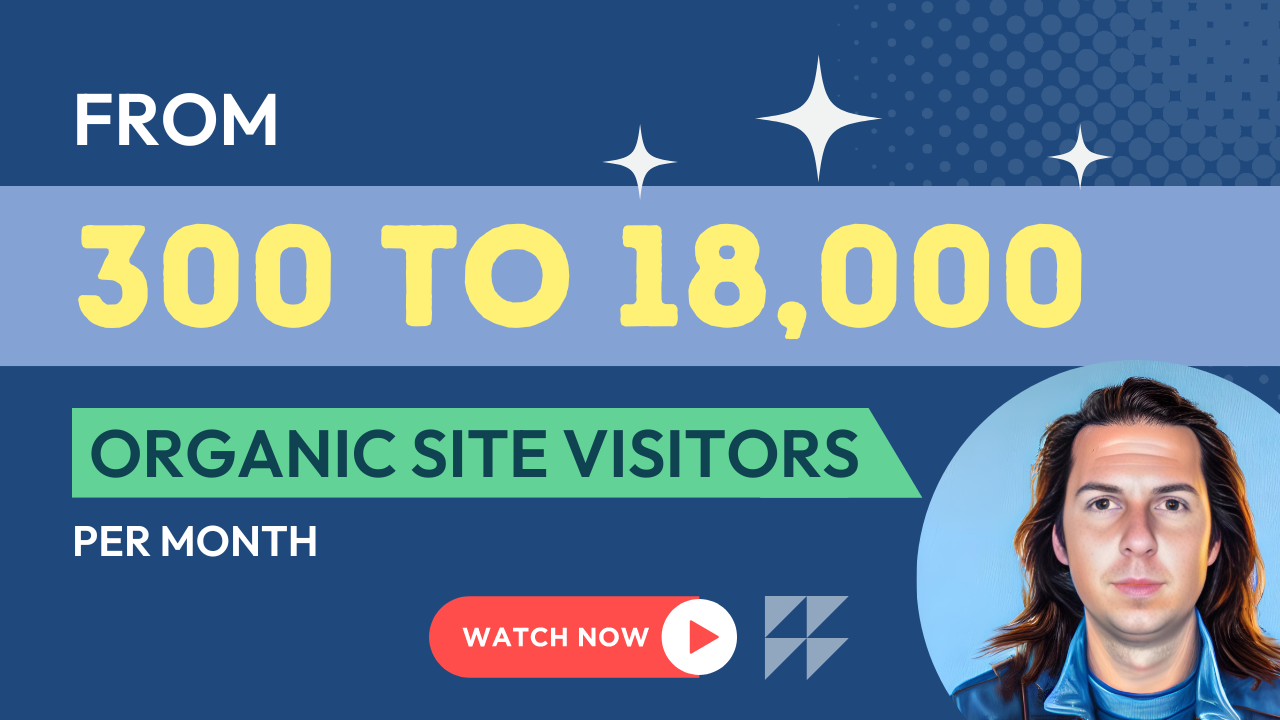Content marketing plans are an essential piece of developing your marketing strategy, setting goals, and helping your business grow.
The process of marketing your blog, or "content", helps you plan for reliable and cost-effective sources of website traffic and new leads without spending a ton of money. Content creation, in 2018, is vital for things like organic traffic and social media. If you haven't established your own content yet, what are you waiting for? Keep in mind without a well-planned strategy, your content can end up distracting visitors more than enticing them.
We'll help you work through what a content marketing plan can do for your business.
What is a content marketing plan?
A content marketing plan refers to how you’re going to tackle the management of your company’s content—whether that’s blog posts, email marketing, or social media. Content marketing plans can look different for every company. Some will come in the form of a calendar, others in a list or an idea board. No matter what shape your content marketing plan comes in, creating one can help you set clear goals and create successful, lead-generating content. It’s important to keep in mind these key things when developing your content marketing plan:
- Who are you creating your content for?
- What problem is your content going to solve for your target audience?
- What will you do to make your content stand out from the crowd?
- What format will your content take?
- What channels will you publish your content on?
- What tools will you use to schedule and manage creation and publication?
Creating a Successful Content Marketing Plan
Creating a successful content marketing plan means thinking about the different ways in which you will be creating content. As a business, your goal for creating content should be to increase your revenue, to better your customers, or to create brand awareness. There are three effective methods for creating this kind of lead-generating successful content—organic traffic, social media, and email marketing. By focusing on these three types of content creation, you can come up with a comprehensive content marketing plan.
Attract Organic Traffic through Search Engines
Organic traffic is one of the best ways to get people to your website because it brings the most highly targeted audience. The people who discover you through organic traffic are ones that are already searching for companies like yours to solve the problems they have. While getting organic traffic from search engines isn’t as easy or quick as paying to get traffic, it’s a highly effective part of any content marketing plan. A great way to increase your organic traffic is through a blog. The key to organic traffic through search engines is writing blogs on topics that people are searching for. Pieces of content that explain how to do something or what something means are great places to get started. Make sure your blogs are relevant to your target audience and the product or service your business sells. Optimizing your blogs with SEO keywords (link to keyword research blog) will help your content rank higher on search engines like Google and encourage more people to click on it.
Create a Social Media Strategy
Social media is another vital part of your content marketing plan. Make sure what your posting is relevant to your business and engaging for your followers. Including images, hashtags, and links to your website are all great ways to increase your engagement. Boosting posts are also a way you can increase the visibility of your brand by showing your content to a larger audience. While not necessary, boosted posts are a great way to reach out to a specific targeted audience and get more eyes on your content. Whether you choose to boost your posts or not, it’s important that your social media content shows your brand’s personality and provide useful content for your followers.
Let Your Content Marketing Nurture Your Email Marketing
Email marketing is one of the most effective types of marketing, which is why you should include it in your content marketing plan. Email marketing is a great way to nurture leads through the buying process. After they have signed up for your email list, you can start sending them a series of content that includes things like informational content, tutorials, user reviews of your product, discounts, and the final sell. Sending out a regular newsletter with helpful content relevant to your industry and target audience is a great way to peak the interest of your leads and provide substance through your content marketing strategy.
Establishing a Regular Content Creation Schedule
Now that you know what type of content is going to make up your content marketing plan, it’s important to figure out when and how you’re going to be posting that content. Establishing a regular content creation schedule can help you stay on track and produce a consistent stream of new content for your audience. Content schedules can also ensure that you never miss important dates like holidays, events, or product launches. It can also help you organize your content and save time. Have no idea where to begin when creating a regular content creation schedule? Here are some guidelines for content creation:
Blogs—posting once a week or even once a month is ideal for a blog. You don’t want to overwhelm your readers with too much content all at once. Remember that when it comes to blogs, quality over quantity.
Social Media—scheduling your content to social media can be tricky. If you schedule too little your followers will forget that you exist, but if you post too much than they will get annoyed at you. For most social channels, 1-2 times a day is the sweet spot. This infographic breaks down the ideal posting schedules for each social media channel.
Email Marketing—Much like social media, email content requires you to find the sweet spot to know how many is too many. When creating a regular email marketing schedule, timing is more important than the amount of content you send. Focus on sending your leads specific content depending on where they are in your sale cycle. Never bombard your audience with too many promotional emails, focus on informative and useful content instead.
Creating a content marketing plan involves several moving parts including understanding who you’re creating content for, what kind of content you’re creating, and how you’re sharing that content. With the right content marketing plan you can help you business increase sales, generate more leads, and drive traffic to your website.


